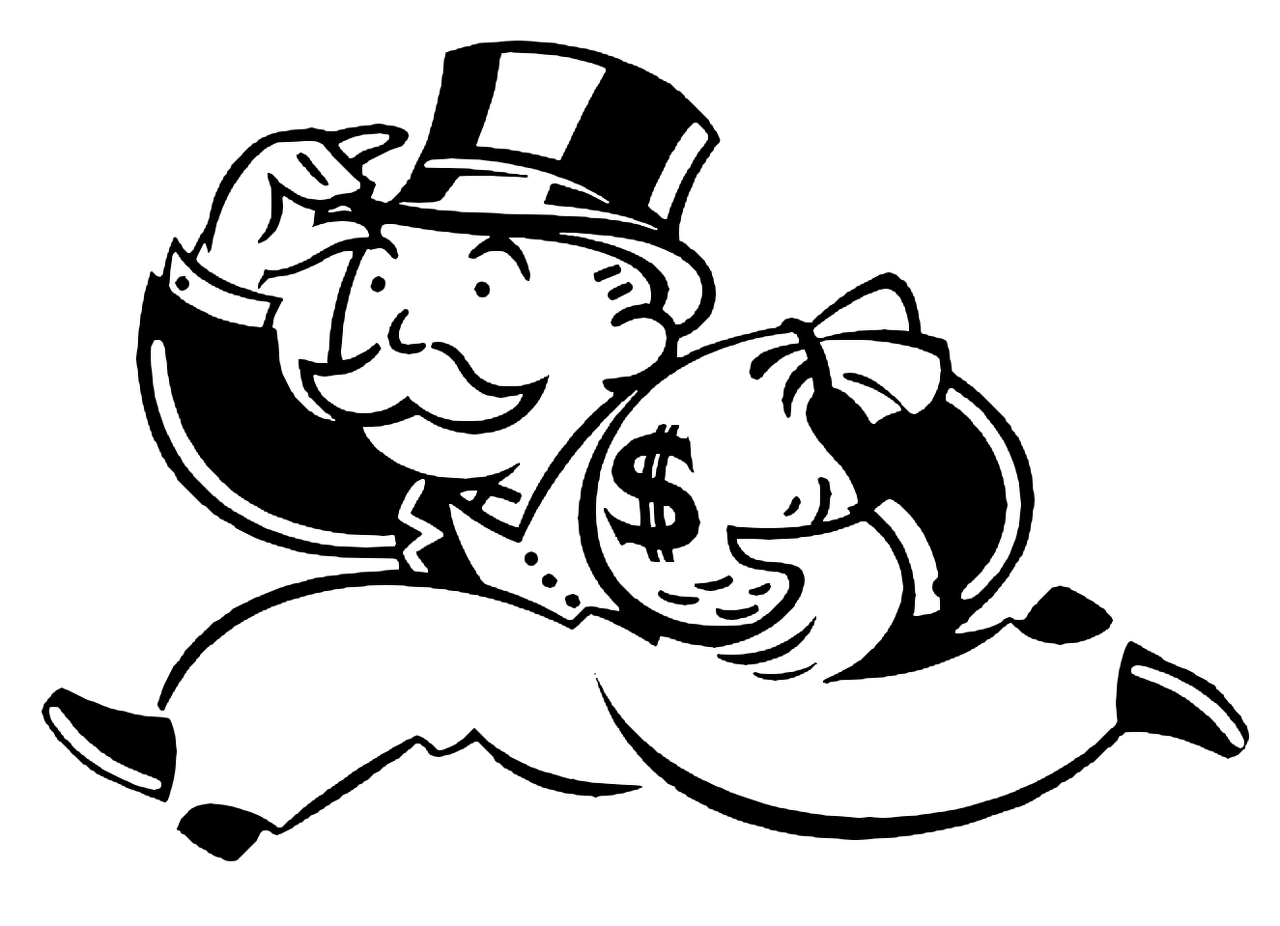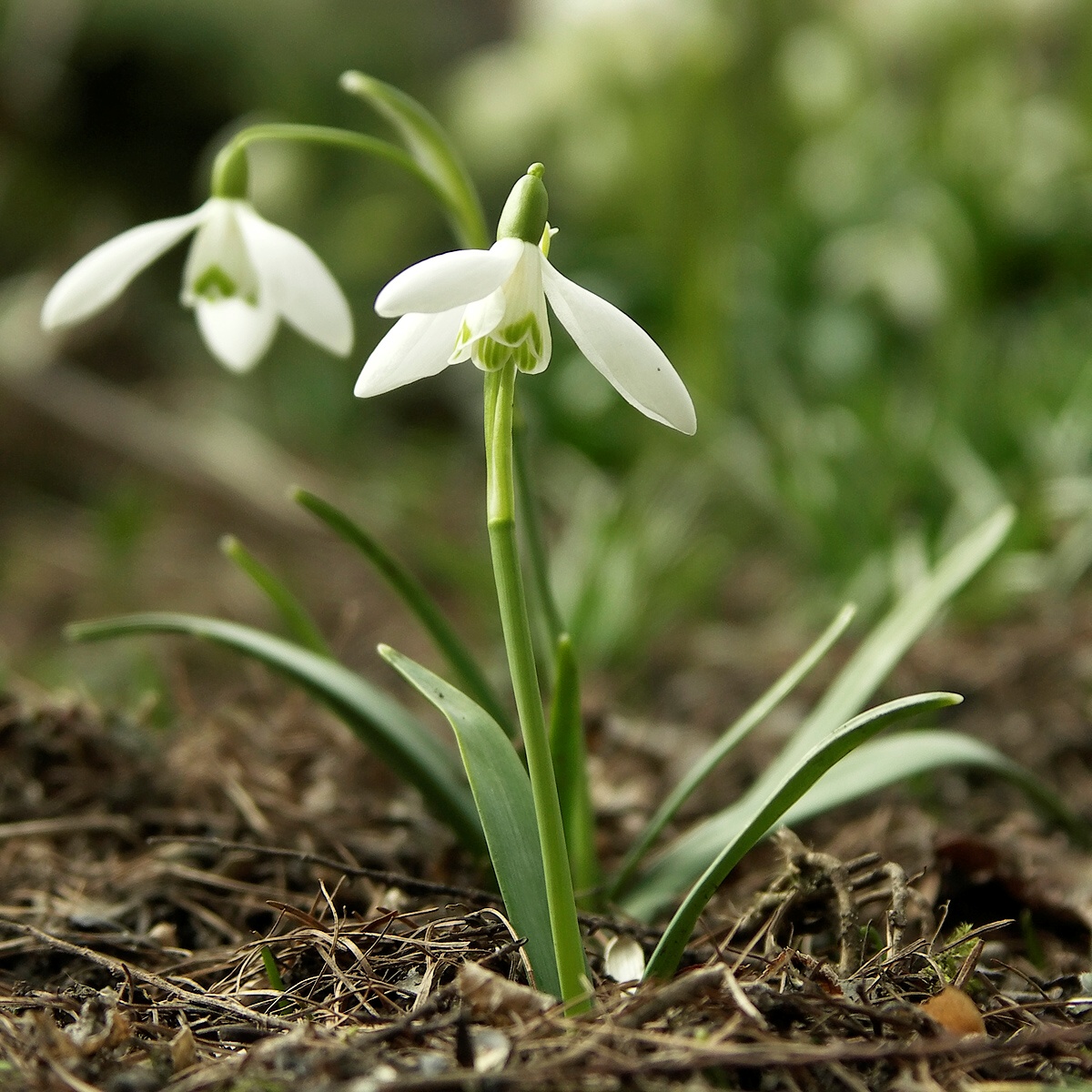

|
Etude For some composers, an étude is a piece for a pianist to study, more than for a listener to savor. Perhaps it was because he sensed this as a danger that Chopin wrote études that were engaging to the audience. In this one, he begins with one of his all-time most beautiful melodies, and Lang Lang milks it for full value. — Fred Chopin was born 204 years ago today. |
1 March 2014
|
|
Anger Q: How can I tell when my anger is legitimate? Q: So when should I hold my anger in, and when should I act it out? Q: Rarely? Does that mean there are some times when it is useful to express my anger? Q: So what should I do with my anger? First, rage, kick, scream, stomp, punch, tantrum. Ask a friend or counselor to stay with you and offer a sense of safety as you discharge your anger into a pillow. Do this in a place where it will not disturb others. Imagine the person at whom your anger is directed, but don’t do this in his actual presence. Second, embrace forgiveness. Speak words that help you let go. Meditate on lovingkindness toward yourself, toward the victim, and toward the perpetrator, who is also suffering, often more than the victim. Q: This doesn’t sound very satisfying. Q: I tried screaming and raging. It felt really scarey. I think I’ll stick to the forgiveness meditation. Q: Where is all this heading? It helps to know this is where you are headed, but do not look for a shortcut, or pretend that all is well before you are fully healed. — Josh Mitteldorf |
2 March 2014
|
|
Implicit Faith OF all great Nature’s tones that sweep — Aubrey Thomas de Vere celebrated his bicentenniel this winter |
3 March 2014
|
|
Simulations back up theory that Universe is a hologram One of the most powerful things you can do with mathematics is to prove that two theories that offer different prescriptions for calculating something will always end up making the same predictions. The calculations will always come up with the same answer, even though they may look different. A simple example is adding up 7 copies of the number 6. You get the same answer as adding up 6 copies of the number 7. It works in this one case. Furthermore, you can prove that it always works, that N x M is always going to be the same as M x N, no matter what numbers N and M stand for. In 1948, Richard Feynman and Julian Schwinger came up with different theories for combining relativity and quantum mechanics to predict what happens to an electron. The theories used different languages, different techniques, different mathematical methods. Physicists noticed they seemed to give the same answers, though. A young genius named Freeman Dyson went back and forth between Feynman and Schwinger, learned enough about both theories that he understood them deeply, and proved that they would always yield the same answer. The two very different theories were equivalent. Einstein’s theory of gravity, sometimes called General Relativity, is 100 years old and it is still the standard way to calculate what happens in very strong gravitational fields. String theory is an upstart, and no one agrees yet how to calculate with it. But one version of string theory predicts what happens in strong gravitational fields. Is it the same as Einstein’s theory? The question is too complicated to approach, so far. But last week, some Japanese physicists published the result of a very complicated calculation, done two ways via Einstein and via string theory. The answers came out identical. That makes us suspect that the theories that look so different really are equivalent. — read more from Nature Why does this article talk about holograms? I think it’s because a hologram is a 2D representation that contains all the information in a 3D scene, and Einstein’s GR is a 4-dimensional theory that contains all the information in a 9-dimensional string theory. But I’m not so sure of this, and if you understand more about it than I do, please write me. |
4 March 2014
|
|
My Dad, Discarnate I suppose that you know now (though maybe you don’t) There’s the rub—I imagine, without a cerebrum — JJM, whose father was born 93 years ago today |
5 March 2014
|
|
Celebrate life: Deep passion and deep detachment “[How do I do it?] Well, it's always a mystery, because you don't know why you get depleted or recharged. But this much I know. I do not allow myself to be overcome by hopelessness, no matter how tough the situation. I believe that if you just do your little bit without thinking of the bigness of what you stand against, if you turn to the enlargement of your own capacities, just that itself creates new potential. And I've learned from the Bhagavad-Gita and other teachings of our culture to detach myself from the results of what I do, because those are not in my hands. The context is not in your control, but your commitment is yours to make, and you can make the deepest commitment with a total detachment about where it will take you. You want it to lead to a better world, and you shape your actions and take full responsibility for them, but then you have detachment. And that combination of deep passion and deep detachment allows me to take on the next challenge, because I don't cripple myself, I don't tie myself in knots. I function like a free being. I think getting that freedom is a social duty because I think we owe it to each not to burden each other with prescription and demands. I think what we owe each other is a celebration of life and to replace fear and hopelessness with fearlessness and joy.” — Vandana Shiva works through modern science and native cultures to preserve our biological legacy. |
6 March 2014
|
|
What is laid down, ordered, factual is never enough to embrace the whole truth: life always spills over the rim of every cup. — Boris Pasternak |
7 March 2014
|
|
Doubting doubt “Our minds are riddled and confused with doubt. I sometimes think that doubt is the greatest block to human evolution. Our society promotes cleverness instead of wisdom, and celebrates the most superficial, harsh, and least useful aspects of our intelligence. We have become so falsely “sophisticated” and neurotic that we take doubt itself for truth… … "Our contemporary education, then, indoctrinates us in the glorification of doubt, has created in fact what could almost be called a religion or theology of doubt, in which to be seen to be intelligent we have to be seen to doubt everything, to always point to what’s wrong and rarely ask what’s right or good, cynically to denigrate all inherited spiritual ideals and philosophies, or anything that is done in simple goodwill or with an innocent heart.” — Sogyal Rinpoche, from The Tibetan Book of Living and Dying |
8 March 2014
|
|
Accept suffering with equanimity. Embrace joy with abandon. When you define ‘happiness’ as giving all that you have to give, — Josh Mitteldorf |
9 March 2014
|
|
Reincarnation It is not more surprising to be born twice than once. — Voltaire |
10 March 2014
|
|
Come slowly, Eden! Lips unused to thee, — Emily Dickinson |
12 March 2014
|
|
Fibonacci breathing This is an exercise to gradually slow the breath, calming the mind, relaxing the body. Use it to settle in for meditation, or to fall asleep if you are awake when you don’t want to be. Count seconds on a gently ticking clock or (better yet) tune in to your own heartbeats. Count 5 on the in breath, 8 on the outbreath Continue by increasing the count for either the inbreath or the outbreath with each cycle, but not both at the same time. Maintain as closely as you can the golden ratio 1.62 between count for the outbreath and inbreath (7,12) (8,12) (8,13) (8,14) (9,14) (9,15) (10,15) (10,16) (10,17) Stop and breathe freely when you begin to feel a strain in the breath, that you are not getting as much air as you want. It’s also fine to fall asleep breathing. — JJM |
12 March 2014
|
|
The Natural Economic Order The abolition of unearned income, of so-called “surplus value”, also termed interest and rent, is the immediate economic aim of every socialistic movement. — Silvio Geselle born this day in 1862 |
17 March 2014
|
|
Little Duck Now we are ready to look at something pretty special. — Donald Babcock (from The New Yorker, 4 Oct 1947 |
20 March 2014
|
|
On the threshold of spring, we begin to notice a quiet awakening within. The intentions that we set during the long days of winter, both for ourselves and our children, may have lain dormant these past months, but now we see the first green heads pushing through and realize that the dawn of something new is upon us. Spring is the season of hope and renewal when, encouraged by the increase of light and warmth, we find the energy to take the necessary action that can push the tentative new beginning into full awakening. Now is the time to ask yourself: “What is longing to be born?” |
21 March 2014
|
|
Identify what you deeply want The things that we think we want are often substitutes for what we really want, and the pleasures we seek are less than the joy that they distract us from. From the normal vantage point, it certainly seems that only with discipline can we withstand the temptations that surround us: overeating, drugs, video games, mindless internet surfing, and everything else we consume. These things are undeniably destructive to our own lives and beyond; therefore, it would seem, we cannot always trust desire at all. But when we recognize that these are not really what we desire, our goal becomes not to suppress desire but to identify the true want or need, and to fulfill it. That is no trivial task; it is a profound path of self-realization. Boredom is so endemic to our culture, particularly among youth, that we imagine it to be a near-universal default state of human existence. In the absence of outside stimuli we are bored. Yet…boredom is virtually unique to Western culture (and by extension to the global culture it increasingly dominates).…greed like boredom is absent in most hunter-gatherer cultures based on a more open conception of self. |
22 March 2014
|
|
Inspired by Shapley and Eisenstein As I ran along the Monterey beach at dawn this week, I imagined an analogy between the droplets formed momentarily by the crashing waves and our brief, separate human existence, fractured droplets of the universal consciousness. We come into this world distraught with tears, — Josh Mitteldorf |
23 March 2014
|
|
Intellectual property If nature has made any one thing less susceptible than all others of exclusive property, it is the action of the thinking power called an idea, which an individual may exclusively possess as long as he keeps it to himself; but the moment it is divulged, it forces itself into the possession of every one, and the receiver cannot dispossess himself of it. Its peculiar character, too, is that no one possesses the less, because every other possesses the whole of it. He who receives an idea from me, receives instruction himself without lessening mine as he who lights his taper at mine, receives light without darkening me. That ideas should freely spread from one to another over the globe, for the moral and mutual instruction of man, and improvement of his condition, seems to have been peculiarly and benevolently designed by nature. — Thomas Jefferson |
24 March 2014
|
|
Staying young in spirit One of the myths of aging is that we cannot do all the things that we once could. But the actual fact about aging is that we retreat from doing exploring the full scope of our personhood. As our search for a vocation settles into a fixed “job,” as our search for a mate settles into marriage, as our many expectations settle into a finite number of fulfillments, as our aspirations settle into steady certitudes, and as our broad range of potential movements settles into a narrow band of habitual movements, we will inevitably find ourselves looking in fewer directions and moving in fewer dimensions. As the possibilities in our life are sorted through, discarded, and finally edited down to a daily routine of actualities, our living functions become limited and specialized. The accepted personal goal of “adulthood” is, it seems, to settle down and obtain security, to obtain a fixed pattern of life that allows us to escape from the insecurity of freedom and the incertitude of new aspirations. To the degree that individual human beings are seduced into the accepted belief that personal fulfillment means a settled, secure, and circumscribed mode of life, so, to that degree, do the functions of one’s living body adapt, becoming simpler, more straightforward, and rigid. |
25 March 2014
|
|
“It is often said that physicists invented the mechanistic-reductionist philosophy, taught it to the biologists, and then abandoned it themselves. It cannot be denied that modern physics has a strongly holistic, even teleological flavour.” — Paul Davies |
26 March 2014
|
|
Listen to Nicolas Altstaedt performLied for Cello and Orchestra by Vincent D’Indy, born this day in 1851. D’Indy was a musical prodigy who didn’t take formal lessons until his teen years. He had a stubborn, almost dogmatic Christian faith, and a conservative view of music. He was famous and influential in his own lifetime, and largely forgotten after progressive musical trends passed him by. Altstaedt is a young cellist with extraordinary expressive subtlety and range. You can watch him play the Lutoslawski concerto. |
27 March 2014
|
|
What future scientific advance will have a big impact on society? People are often asking me what’s going to happen next in science that’s important, and of course, the whole point is that if it’s important, it’s something we didn’t expect. All the really important things come as a big surprise. There are many examples of this, of course, dark energy being the latest example. Anything I mention will be something that, obviously, is not a surprise. — from a 90th birthday interview of Freeman Dyson |
28 March 2014
|
|
Lucid dreams as a probe of the nature of reality Let me ask you a very important question. Why should you ever deny the value and importance of your own personal experience, of your intuition, of what you discover through deep introspection, of what you learn not by looking outside, but by focusing your attention within? Your own subjective experience, your own consciousness, is the most important tool you have to learn about the world! In fact, it can be argued that it is the only tool you have to learn about the world! “The existence of quantum theory has changed our attitude from what was believed in the nineteenth century.
During that period some scientists were inclined to think that the psychological phenomena could ultimately be explained
on the basis of physics and chemistry of the brain.
From the quantum-theoretical point of view, there is no reason for such an assumption.
[…] for an understanding of psychic phenomena we would start from the fact that the human mind
enters as object and subject into the scientific process of psychology.” “Dreams pass into the reality of action. |
29 March 2014
|
|
The less planning you do, the less your plans will go wrong. — Josh Mitteldorf |
30 March 2014
|
|
Gandhian humility in a literary titan Many wonderful writers and artists have had secret lives of cruelty, arrogance, and contemptuous behavior toward those closest to them. How delightful to learn of the opposite: W. H. Auden apparently took pains to hide from the public his countless acts of benevolence and charity toward inconsequential people to whom he owed nothing. In an age when writers as different as Hemingway and Eliot encouraged their public to admire them as heroic explorers of the mind and spirit, Auden preferred to err in the opposite direction, by presenting himself as less than he was. Auden heard that an old woman in the congregation was suffering night terrors, so he took a blanket and slept in the hallway outside her apartment until she felt safe again. Someone else recalled that Auden had once been told that a friend needed a medical operation that he couldn’t afford. Auden invited the friend to dinner, never mentioned the operation, but as the friend was leaving said, “I want you to have this,” and handed him a large notebook containing the manuscript of The Age of Anxiety. The University of Texas bought the notebook and the friend had the operation. From some letters I found in Auden’s papers, I learned that a few years after World War II he had arranged through a European relief agency to pay the school and college costs for two war orphans chosen by the agency, an arrangement that continued, later with new sets of orphans, until his death at sixty-six in 1973. At times, he went out of his way to seem selfish while doing something selfless… — read more at NY Review of Books this week |
31 March 2014
|




_50x50_cm_2006_by_cleo_wilkinson.jpg)


















